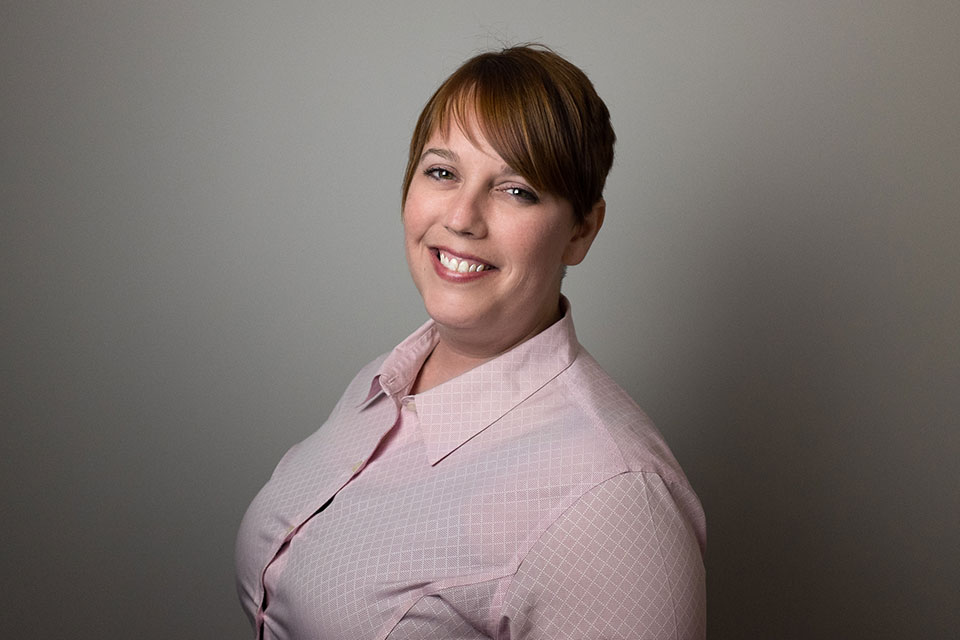STAFF
Our success is built upon a unique set of highly talented and skilled staff representing a wide array of professional expertise and experience. Every project benefits from the contributions of all the teams working in collaboration to produce the most innovative, high-quality, effective products possible.
Our 3C Team

Igor Eremeev
Lead Front End Engineer

Kelly Fish
Director of Design Team

Katie Garard
Chief Financial Officer

Angela Giovinazzo
Project Coordinator

Roy Goulet
Chief Technology Officer

Ray Guillen-Cristo
Research & Technology Specialist

Chris Hehman
Chief Software Architect

Morgan Huegel
Front End Developer

Randi Ingram, MS
Research Associate

Brenda Keppel
Office Manager

Catherine Lavenburg
Project Coordinator

Grace Little
Research & Technology Specialist

Elizabeth Manda
Graphics & Web Designer

Kate Melillo M.Ed. CCC-SLP
Research & Technology Strategist

Suzanne Messina, MA
Instructional Designer

Jack Nuernberger
Research & Technology Specialist

Kimberly Pifer, MA
Director of Editorial Team

Adam Morelli
Web Developer

Sheiniz Rich
Sr Lead Dev/Director of QA & Support

Chelsea Sanchez
Research & Technology Specialist

David Schreffler
QA & Support Technician

Fernando Sierra
Game Developer





